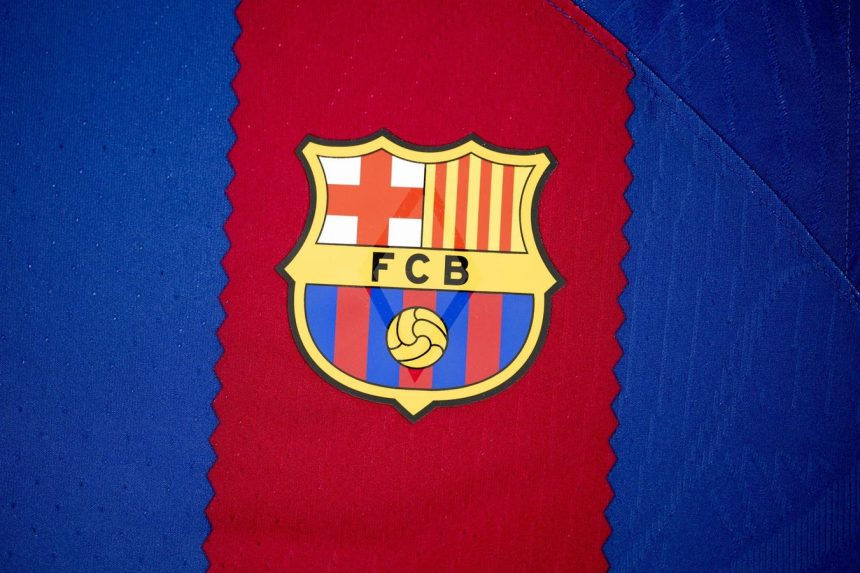Dani Olmo’s return to FC Barcelona, the club where he honed his skills as a youth, has been a story of both triumph and uncertainty. His arrival this summer, marked by a significant transfer fee from RB Leipzig, signaled a homecoming and a reinforcement of Barcelona’s attacking prowess. However, the jubilation surrounding his signing was quickly tempered by the club’s persistent financial struggles, which threatened to derail his registration and playing time. Olmo’s eventual debut was delayed until Matchday 3, a testament to the complex financial maneuvering required to accommodate his arrival within La Liga’s Financial Fair Play (FFP) regulations.
Barcelona’s financial constraints, well-documented and a recurring theme in recent seasons, stem from a combination of factors. Years of extravagant spending on player acquisitions and salaries, coupled with the economic fallout of the COVID-19 pandemic, have left the club with a precarious financial balance sheet. La Liga’s FFP rules, designed to ensure financial stability and competitive balance within the league, impose strict limits on clubs’ spending relative to their revenue. Barcelona’s inability to fully comply with these regulations has resulted in limitations on their ability to register new players, forcing the club to explore creative solutions to navigate this complex financial landscape.
The temporary registration of Olmo and fellow new arrival Pau Victor was achieved through a unique loophole created by Andreas Christensen’s long-term injury. This allowed Barcelona to free up salary cap space, albeit temporarily, to accommodate the new signings. However, this short-term fix only postpones the underlying issue, which will resurface in the January transfer window. Should Barcelona fail to create sufficient financial breathing room by then, Olmo could potentially leave the club for free due to a clause in his contract. This clause, while protecting the player’s interests, represents a significant risk for Barcelona, who could lose a valuable asset without receiving any financial compensation.
The prospect of losing Olmo for free is a stark reminder of the delicate balancing act Barcelona must perform to reconcile sporting ambition with financial prudence. The club’s recent history is replete with examples of financial mismanagement, including allowing seasoned players like Ilkay Gundogan to depart for free. The potential loss of Olmo, a young and talented player with considerable potential, would be a significant setback for the club’s sporting project. Therefore, the club’s management is working diligently to generate the necessary income to avoid such a scenario.
Barcelona’s efforts to improve its financial standing include securing lucrative sponsorship deals, such as the recently agreed-upon partnership with Nike. This deal, pending ratification by club members, represents a significant injection of funds and underscores the club’s commitment to long-term financial stability. Moreover, the club is actively exploring other avenues to generate revenue, including player sales and cost-cutting measures, to ensure compliance with FFP regulations and secure Olmo’s future at the club.
Despite the uncertainty surrounding his registration, Olmo remains committed to Barcelona and is focused on contributing to the team’s success. He has expressed his happiness at returning to the club where he began his footballing journey and is determined to make a lasting impact. Olmo’s ambition aligns perfectly with Barcelona’s aspirations for the season, which include challenging for the La Liga title and making a deep run in the Champions League. His previous experience in the latter competition, notably reaching the semi-finals with RB Leipzig in 2020, adds valuable experience and a winning mentality to the Barcelona squad. The club and its supporters are hopeful that Olmo’s talent and dedication will be a key ingredient in their pursuit of silverware this season and beyond.



